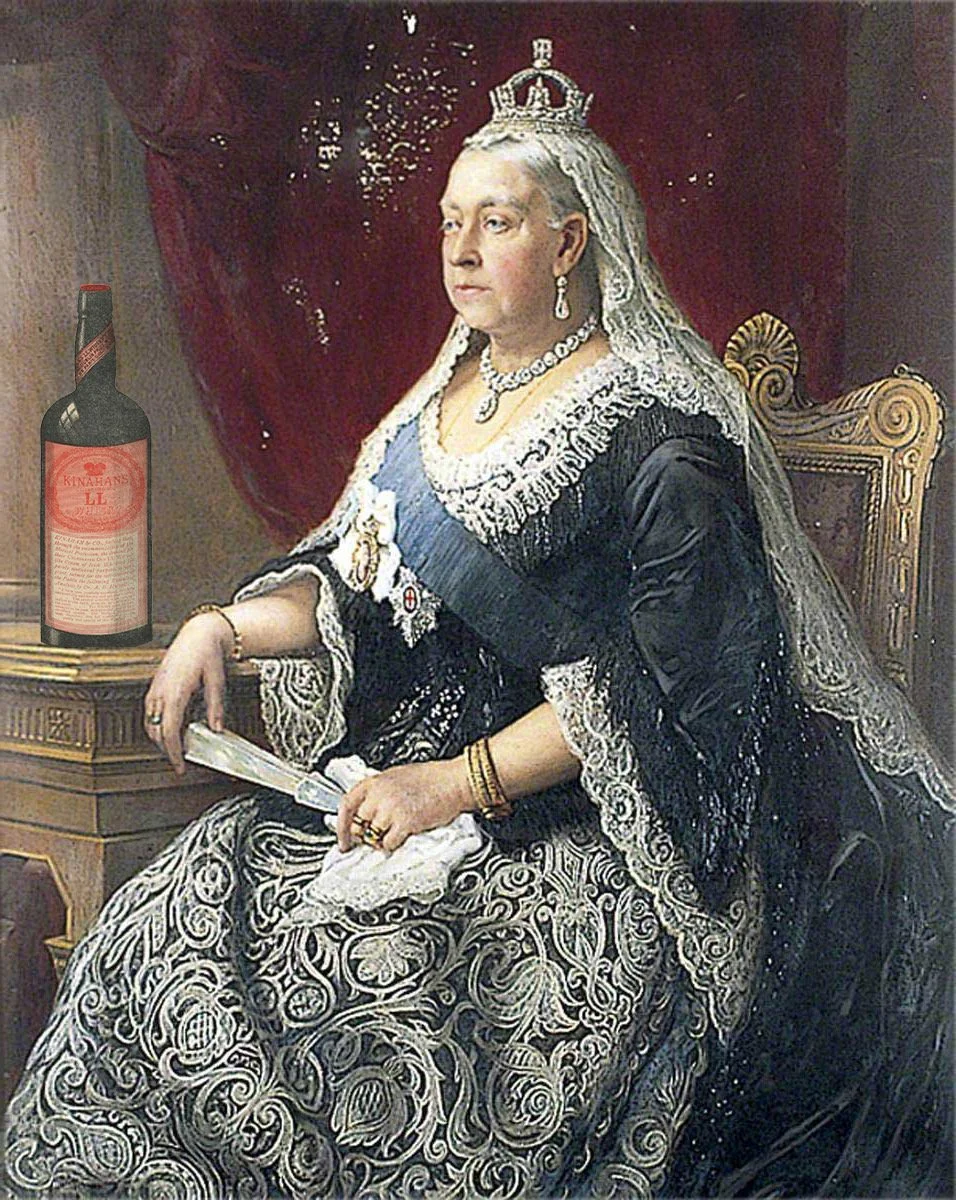
WHY HERITAGE MATTERS?
Innovation keeps brands fresh, but heritage makes us trust them.
Heritage: The Bedrock of the Next Century’s Most Valuable Brands
In the world of fine spirits, marketing trends shift like sand, fads flare and fade, and even entire categories can rise and fall in popularity. Yet one force remains as immovable and enduring as bedrock: heritage.
Heritage is not a slogan, not a scripted origin story pasted onto a bottle label. It is the lived history of a brand, built over decades, often centuries, through people, place, craft, and continuity. It is the unbroken chain of knowledge and character that connects the whiskey in the glass today to the generations who came before. In a marketplace that grows more crowded by the year, heritage is not just a romantic flourish; it is a foundation.
Heritage as the Currency of Authenticity
The premium spirits market thrives on storytelling, but we are no fools. Today’s drinkers, especially the younger generations entering the whiskey space, are more skeptical than ever. We know how easily stories can be fabricated in a slick marketing campaign. We also know how to tell the difference between “manufactured nostalgia” and genuine legacy.
Authenticity cannot be faked for long. A brand’s heritage is proof that the traditions, philosophy, sometimes even techniques (although commonly improved with innovation), and values at the core of the brand and product were not invented in a boardroom last week, but refined in the real world over decades.
In whiskey, authenticity is not just a nice-to-have; it’s the single most powerful driver of a brand. An authentic heritage story allows us to feel we are not merely buying a product, but joining a continuum of taste and craft that predates us and will outlast us.
Why Heritage Outperforms Innovation Alone
Innovation keeps brands fresh, but heritage makes us trust them. In whisky especially, where time itself is a critical ingredient, heritage is a proof of patience. A brand that has been founded over 100 years is not just making whiskey; it is making a statement: They were here before we were born, and we’ll be here long after we are gone.
That kind of permanence can’t be reverse-engineered by a startup. A startup can innovate with flavour profiles, experiment with cask finishes, or integrate technology into production, but the real weight of innovation rests on the foundation of heritage. Without it, innovation often feels like a gimmick.
Consider the most valuable spirits brands today. Every one of them leans heavily on their past, their founding date on the bottle, their founders’ values in their copy, their archives as marketing goldmines. If you look back, it’s clear: the brands that are most coveted for generations have never been the ones who shouted the loudest in their advertising. They are the ones who could whisper their history, and still command the room.
Heritage as a Long-Term Investment
In an age when acquisitions and new product launches dominate the industry press, heritage can seem slow-moving, even static. But heritage is an appreciating asset. Every year a brand exists, its story gains another chapter, its archives gain another artifact, its community gains another layer of loyalty. That’s why heritage brands in spirits can weather storms that sink others: changing laws, global recessions, sudden trend shifts.
When you think in centuries rather than quarters, every decision changes. Brand stewards become custodians rather than marketers, aiming not just for the next product launch, but for the preservation of a reputation that must remain untarnished for decades to come.
Heritage in a Crowded, Global Marketplace
As whiskey expands into new markets, heritage becomes even more valuable. A whiskey lover in Seoul or São Paulo may have no personal connection to Ireland, but they will connect to the romance and authority of a historic brand that has been shaping spirits since the 19th century. Heritage travels. It is one of the few brand assets that scales across cultures without translation. The notion that something has been honed for generations resonates whether we are in Tokyo or Toronto. And as whiskey competes globally with other luxury goods, from watches to couture, heritage remains the common language of value.
The Next Century Belongs to Heritage
In the end, heritage is not just a brand’s past - it is its most valuable future asset. It is the single element that cannot be bought, only earned over time. For spirits brands, that makes heritage the rarest and most precious ingredient of all. Custodians that understand this will shape the next century of whiskey. Those that ignore it may not survive to see it.
